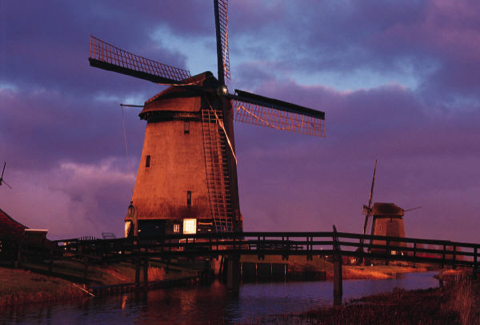In between more “novel” novels, I’ve consumed the following for a second time: The Coffee Trader (David Liss), The Emperor’s Children (Claire Messud), The Post-Birthday World (Lionel Shriver), The House at Riverton (Kate Morton), and Coyote Heart (Paula Margulies). And even though these books don’t have much in common, those second readings were all surprisingly different from the first.
Now you might assume that’s because I remember what happens, but don’t give my memory more credit than it deserves. For better or worse, I don’t retain much of what I read for pleasure, the best form of Alzheimer’s: only a few years later, I can reread more complicated plots with only a vague sense of familiarity.
What’s different is the world. The Way We Live Now changes so quickly that we now need books to remind us of how it was way back in, say, 2005. Websites can be updated, but print remains the same for eternity. So a reference to a mobile telephone as an unnecessary and annoying luxury rather than as a lifeline and ever-present companion now read as quaintly old-fashioned. On my first read, those same references would’ve left me nodding my head in agreement.
It’s not just technology, though that’s the most obvious change. How we perceive food, transportation, energy, and recycling—even books—has changed too. And every question, decision, and discussion seems to lead us to a screen and some kind of Google search. Who knows how we’ll be gathering information in 2015?
The book that seemed the most similar on a second read was The Coffee Trader, set in 17thcentury Amsterdam. My perception of that era, buried deep in history, hasn’t changed dramatically in the past few years. The others, with their various “contemporary” settings, definitely read differently only a few years later. Our world is changing so fast now that even two year old assumptions about how humans interact read like they took place on a different planet.
Which leaves me wondering: How do we write about our own times in a way that won’t seem terribly dated only a few years from now—a time span that (back in the late 20th century) was the minimum lead time for publishing a story? We are past the point where we can skirt references to digital devices, as I got away with in Oliver’s Surprise. Writing a present-day novel without someone picking up a mobile device would be like writing about a cave man who leaves for work without his club.
Phones will undoubtedly become “smarter” in the years ahead, and we will likely become even more dependent on screens of all shapes and sizes. But with any luck, books will stick around for a long time to come, if only to remind us on a second read what it was like “back then.”
And for another theory about time, read my previous post, Editing Time.
